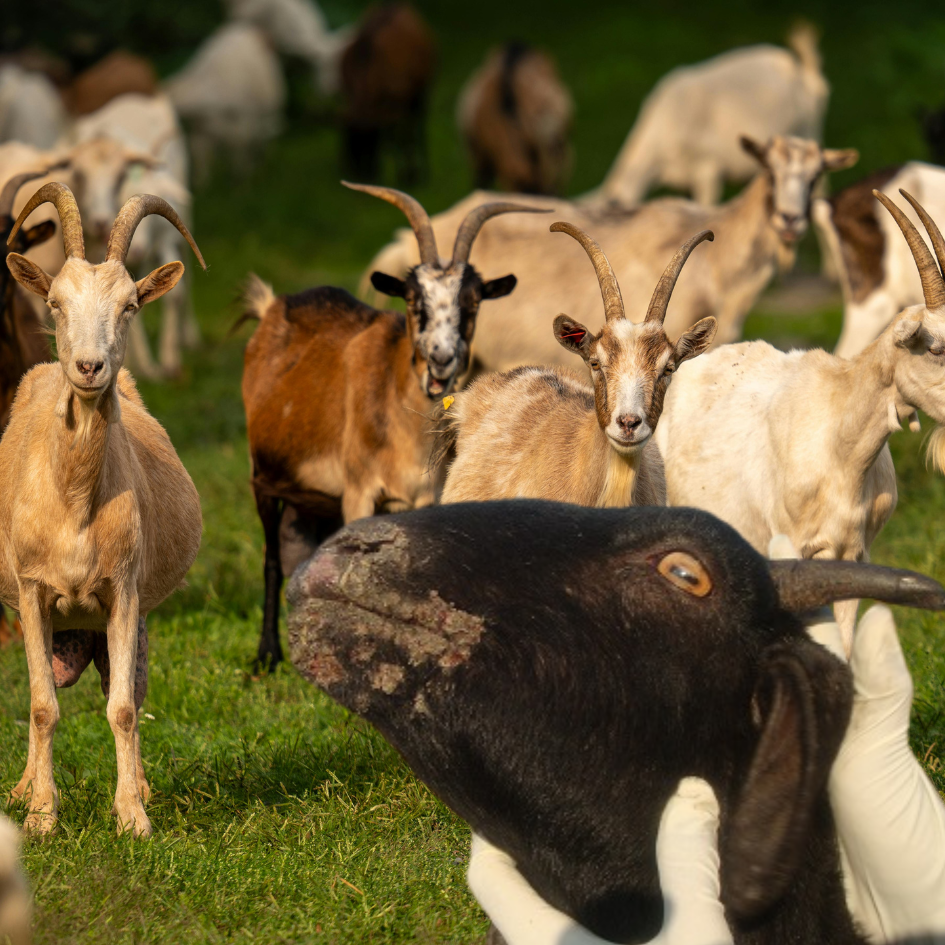
PPR Disease
Peste Des Petits Ruminants Disease: Signs, Treatment, and Prevention
Responding to Farmers’ Questions
Many farmers want to know: “What is PPR disease, and how can I protect my animals?” Peste des Petits Ruminants (PPR), also known as goat plague, is a highly contagious viral disease that primarily affects sheep and goats. It spreads rapidly through direct contact with infected animals or their secretions, such as saliva, nasal discharge, and feces. PPR can cause severe economic losses due to high mortality, reduced growth, and decreased milk production, making early detection and preventive measures crucial.
The virus attacks the respiratory and digestive systems, leading to fever, diarrhea, and respiratory distress. Young animals and those with weak immunity are particularly vulnerable. Outbreaks often occur in densely populated flocks or in areas with poor biosecurity. Farmers must recognize early signs to respond quickly and minimize losses.
Symptoms of PPR Disease
Farmers should watch for these signs:
-
High fever and depression
-
Nasal and ocular discharge
-
Coughing and labored breathing
-
Diarrhea, sometimes with blood
-
Loss of appetite and weight loss
-
Mouth lesions and sores in severe cases
-
Rapid spread among flock members
Treatment of PPR Disease
There is no specific antiviral treatment for PPR, so supportive care is essential:
-
Isolate infected animals to prevent transmission
-
Provide clean water and high-quality feed to support recovery
-
Treat secondary bacterial infections under veterinary guidance
-
Ensure proper shelter to reduce stress and exposure to cold or damp conditions
Prevention and Farmer Tips
-
Vaccinate sheep and goats as recommended by local veterinary authorities
-
Maintain strict biosecurity: avoid introducing new animals without quarantine
-
Disinfect housing, feeding, and watering equipment regularly
-
Monitor the flock daily for early signs and respond promptly
-
Avoid mixing animals from different flocks during outbreaks
PPR can devastate smallholder and commercial farms if not managed properly. Early detection, isolation of sick animals, supportive care, and vaccination programs are critical to controlling the disease. Farmers who notice fever, diarrhea, or respiratory issues should contact a veterinarian immediately to protect the health of their flock.